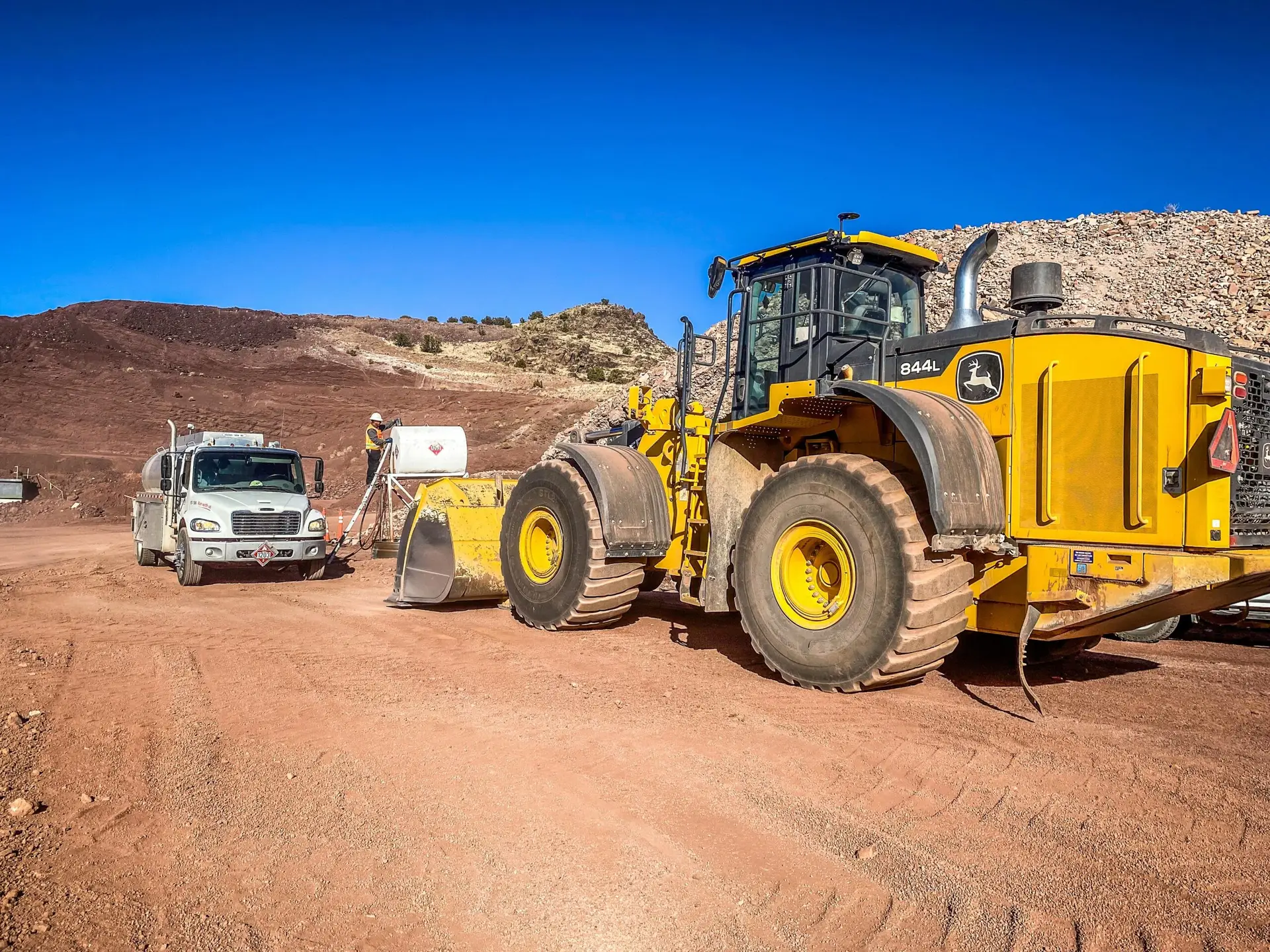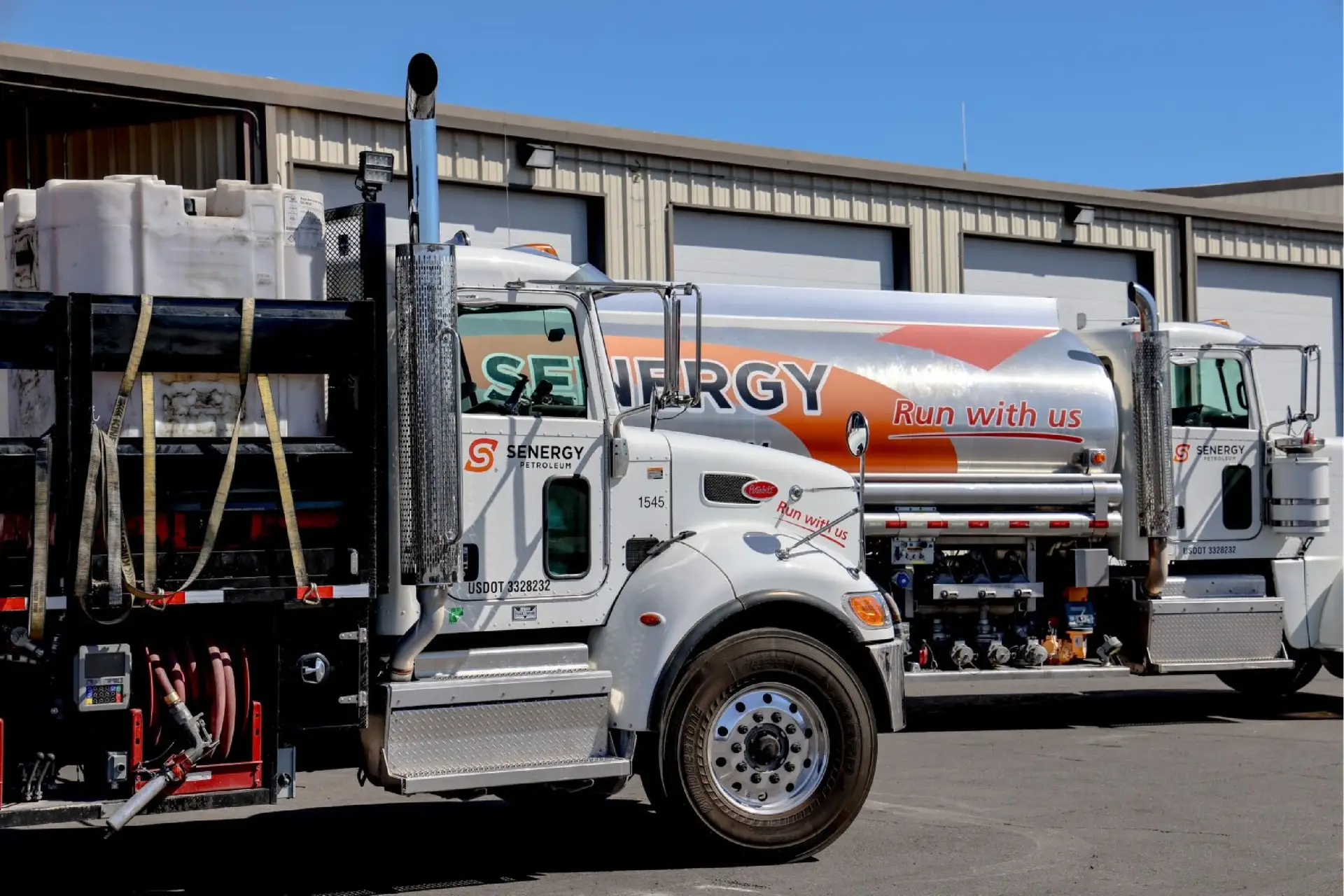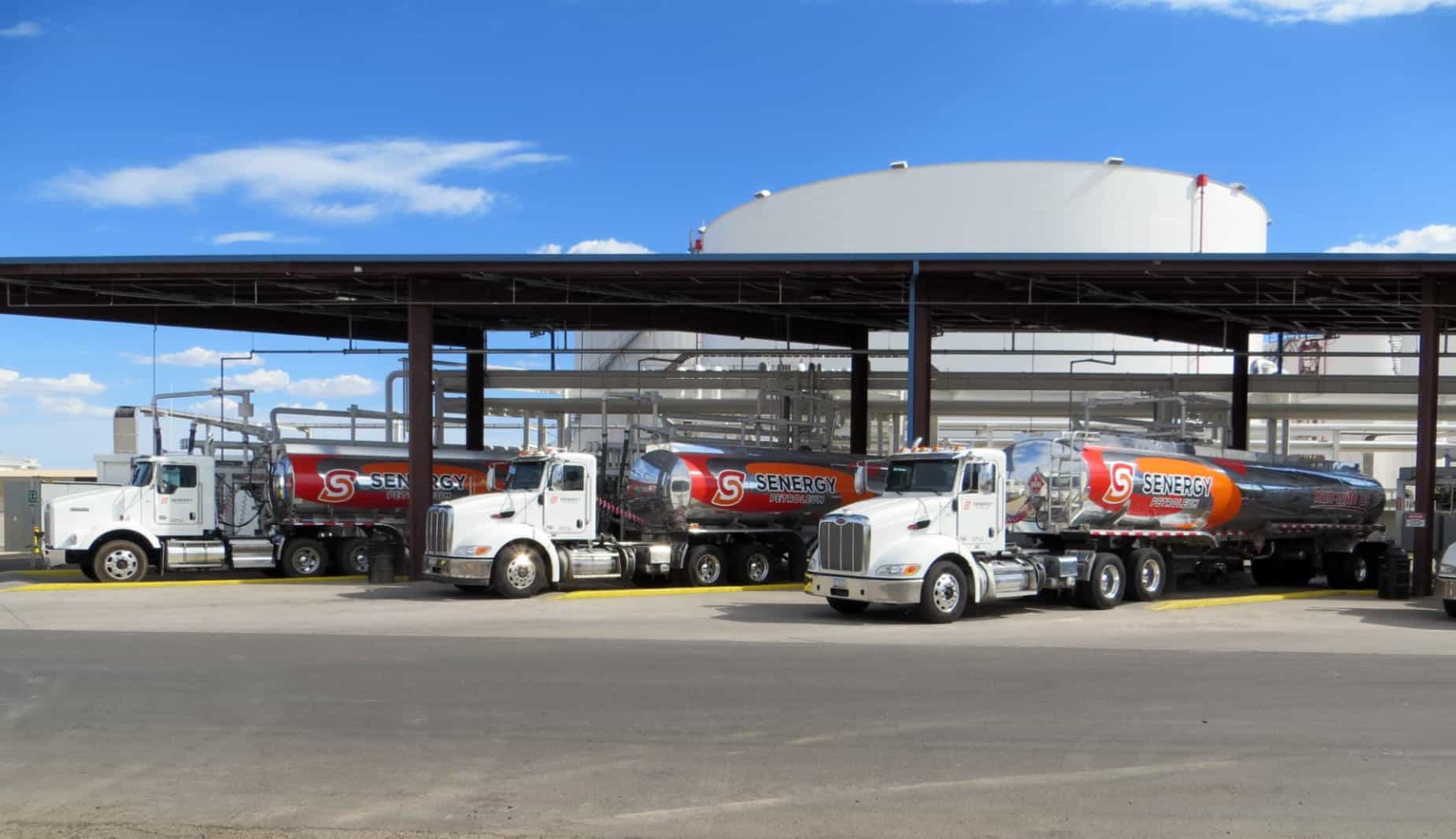When choosing fueling equipment, businesses often face the critical decision between diesel and gasoline. Both fuels have distinct characteristics that directly impact performance, efficiency, and overall operating costs. Diesel is denser, producing more energy per gallon, making it the traditional choice for heavy-duty applications. Gasoline, on the other hand, burns faster and suits lighter, high-performance engines. In industries such as agriculture, construction, and fleet management, selecting the right option affects productivity and profitability. A clear comparison helps equipment owners determine whether their operations require the power and torque of diesel or the speed and cost flexibility of gasoline. Companies evaluating diesel versus gasoline should consider not only upfront cost advantages but also the long-term implications for maintenance, efficiency, and equipment longevity. The right choice ensures smooth, cost-effective daily operations.



